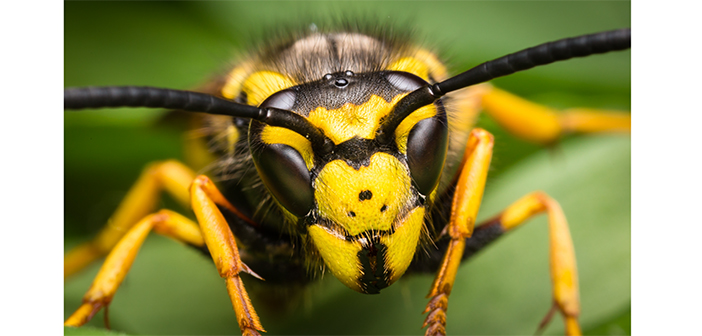Rentokil Pest Control has advised that common species of wasps found in the UK such as the Common and German Wasp, which are generally most active over the summer months, still present a threat of infestation over the late summer and early autumn.
Typically, at this time, wasps will be in search of carbohydrates for energy, as the sugary secretions provided by wasp larvae in the nest will no longer be available to them as these larvae will have matured.
This change, alongside the breaking down of the social order of the nest will force adult wasps to venture further afield in search of alternative carbohydrate sources, often bringing them into direct contact with humans.
During this time mating also takes place, creating fertile queens who will restart the life cycle of the colony for next year, following winter hibernation. As we enter the winter months male and worker wasps typically die out, leaving only the fertile queens who will survive the winter period as the rest of the colony dies from lack of food and lower temperatures.
The new queens will be searching for a warm, quiet nesting site where they can hibernate, and in our homes, this could be a wall cavity, attic or roof space, loft, shed or internal garage.
The queens emerge in springtime as the weather begins to warm, and lay eggs that hatch into sterile female workers. These will then help complete the nest building and will collect food for the developing larvae as more batches of eggs are laid.
Earlier this year Rentokil Pest Control’s research showed that 43% of Brits feel annoyed by wasps and nearly a quarter (24%) of us are afraid of them.


